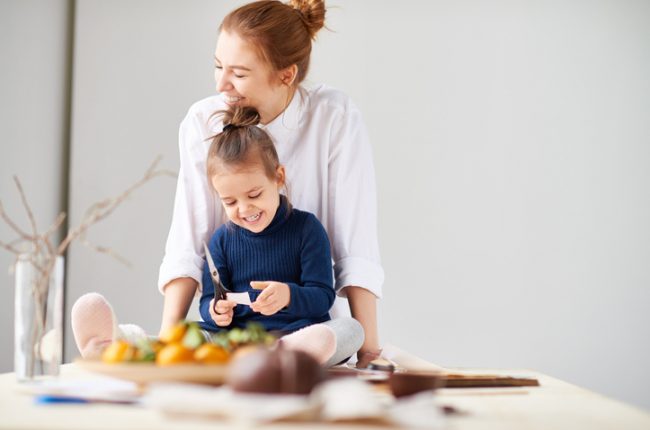Family traditions, especially those centered around the holidays, are often looked at as silly and outdated, or they’re downright mocked. Yet these moments are what shape our memories of specific times and specific events. They are instrumental in not only creating connections with family and friends, but in how we define our families and ourselves.

Traditions come in all forms, from cultural or religious rituals to family traditions, even as simple as serving a specific dish at holiday gatherings. What can seem like the most trivial part of your routine, like using your great grandmother’s gravy dish, can actually be a link to generations of family memories past, present and beyond.
Why traditions matter
Studies have shown that children who have grown up in families with strong traditions are more resilient as adults, have better coping skills and are better equipped to adjust to moving out of their parents’ homes. It is not entirely clear if the activity of traditions signifies an already stable family or if it retains connections despite dysfunction. Regardless, the evidence of the benefits of family traditions is undeniable.
In this day of limited parental time at home with children, whether it be due to the necessity of a two working-parent household, split homes or even single parenthood, traditions and rituals can be difficult to keep up. When a nightly routine of dinner together may not be plausible, holiday traditions become even more important in establishing family connectivity.
In times of change, be it relocation because of a job or complete reorganization of the family due to divorce, traditions serve as a grounding touchstone for children. Even if it means creating new traditions in the face of drastic change, holiday traditions are an integral part of helping children feel a sense of belonging and togetherness.
Tips for creating traditions
Pick a special recipe, a set of China, a song that you sing or a prayer that you share and keep that holiday tradition going through the years. When creating new traditions, it helps to:
- Consider your cultural history
- Ask your kids for their opinion
- Turn to religious foundations as a source
- Include heirloom items
- Keep it simple
Your children will benefit from it the rest of their lives and your connection to them will be stronger, too. It may seem silly now but before long it will be an important part of your family legacy.
